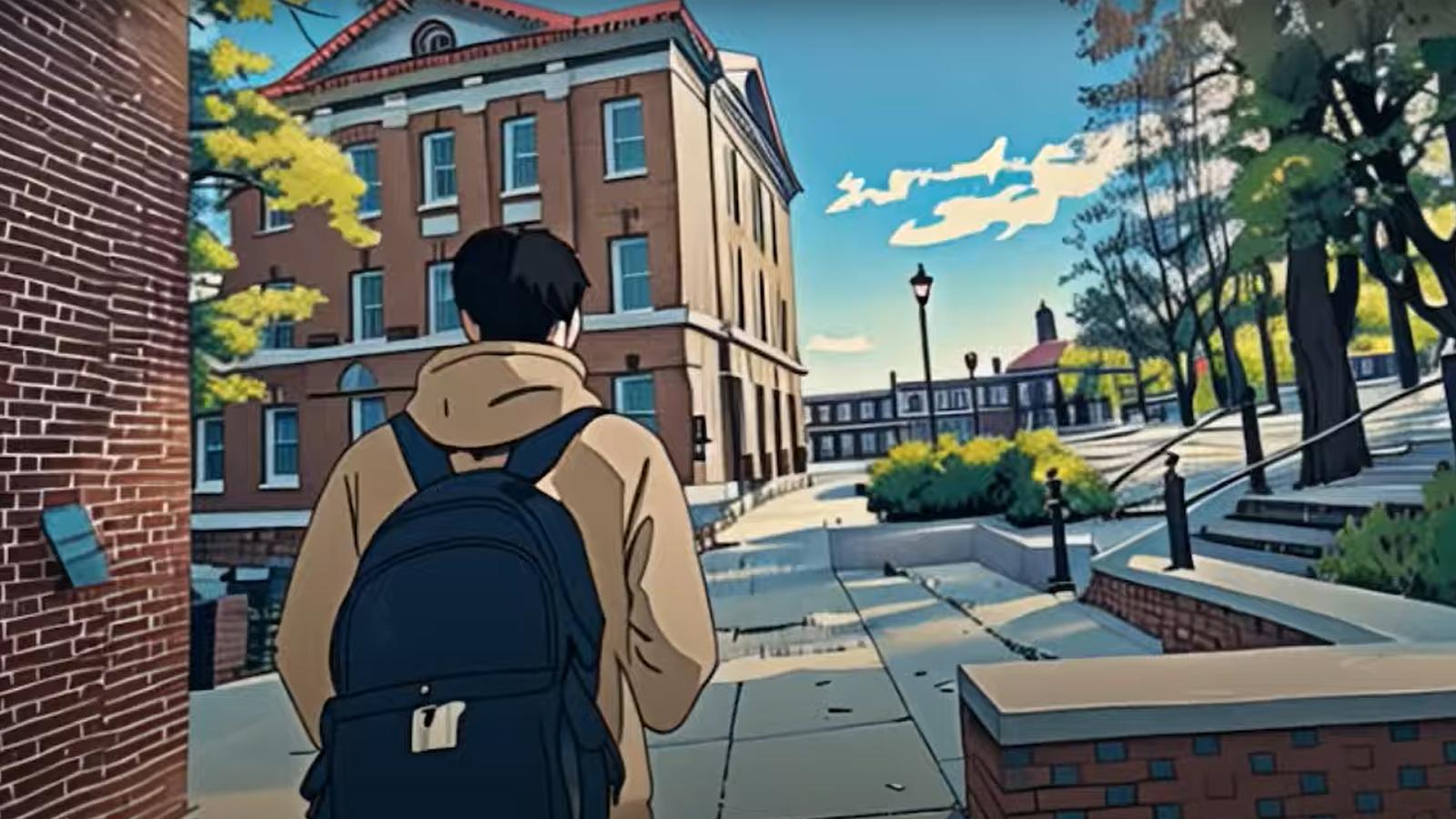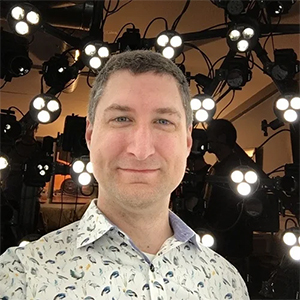June 18, 2024


Rich Radke, Ph.D., professor in Rensselaer Polytechnic Institute’s Department of Electrical, Computer, and Systems Engineering, has won the IEEE Signal Processing Society Regional Distinguished Teacher Award for his career contributions to signal processing education and, most recently, his inventive approach to immersing students in the fast-moving field of generative artificial intelligence (AI).
The biggest challenge of developing a course on generative AI?
“Generative AI is changing so quickly that the course I teach one semester is going to be very different when I teach it the next,” Radke said.
“But that’s part of what keeps things fun,” he added.
“There is no better way to learn something than to teach it to someone else. Part of the reason I wanted to develop a course on generative AI was to challenge myself to learn about a topic that some of my students probably knew more about than I did,” Radke said.
However, the course isn’t called “Generative AI.”
“I wanted the course to be about more than learning how to use the technology. I wanted my students to engage in the artistic applications and ethical considerations related to generative AI. So, I called it ‘Computational Creativity,’” Radke said.
Radke applies creativity to his pedagogy as well. He creates short videos for his courses that students watch before class to frame the day’s material. He also records his lectures using methods borrowed from social media live streamers, toggling between multiple cameras in real time to capture course notes, drawings, computer code, images, and video clips.
Each Computational Creativity video has the same distinctive thumbnail image: A sheep wearing a silver sweater, a baseball hat, and gold chains standing in a countryside meadow. It was generated, naturally, by AI.
“The sheep has become the mascot of the course. I created it with DALL-E, an AI image generator, based on the prompt ‘realistic photograph of a wealthy hip-hop sheep wearing gold chains in a green field at golden hour,’” said Radke. “It’s representative of the course because it captures the wildly imaginative things you can make with these tools.”
Students must also get creative in the course’s assignments. Students work in teams to collect their own data and use that data to train generative AI models to generate similar images. These teams have collected everything from images of leaves on the RPI campus to rock-climbing holds at a local climbing gym.
Later in the course, students were challenged to use generative AI tools to create videos, which can also be viewed on YouTube. One project of note created an anime-style video featuring scenes from the RPI campus. In another impressive creation, students created hilarious multi-scene videos from a single prompt.
In addition to working in teams, students in Computational Creativity collect feedback on their work from other students in the class, helping them learn from each other and pushing them to keep refining their projects.
The course also introduces students to the artistic, social, and ethical issues around generative AI through in-class discussion and guest speakers from the areas of law and the visual arts.
“The big reason why I have the students collect their own data is because it gets them thinking about where the data used to train generative AI models comes from and gives us a good segue into learning about the ethical and legal issues around the topic,” Radke explained.
Radke was recently recognized by the IEEE Signal Processing Society with its 2023 Regional Distinguished Teacher Award, acknowledging his many contributions to signal processing education. Radke’s YouTube channel contains hundreds of videos about digital signal processing, engineering probability, and image processing that reach much further than the RPI campus.
Radke plans to teach Computational Creativity again in Spring 2025.
To learn more about Radke’s process in developing the course and his reflections after its first offering, read his recent article in IEEE Signal Processing Magazine.